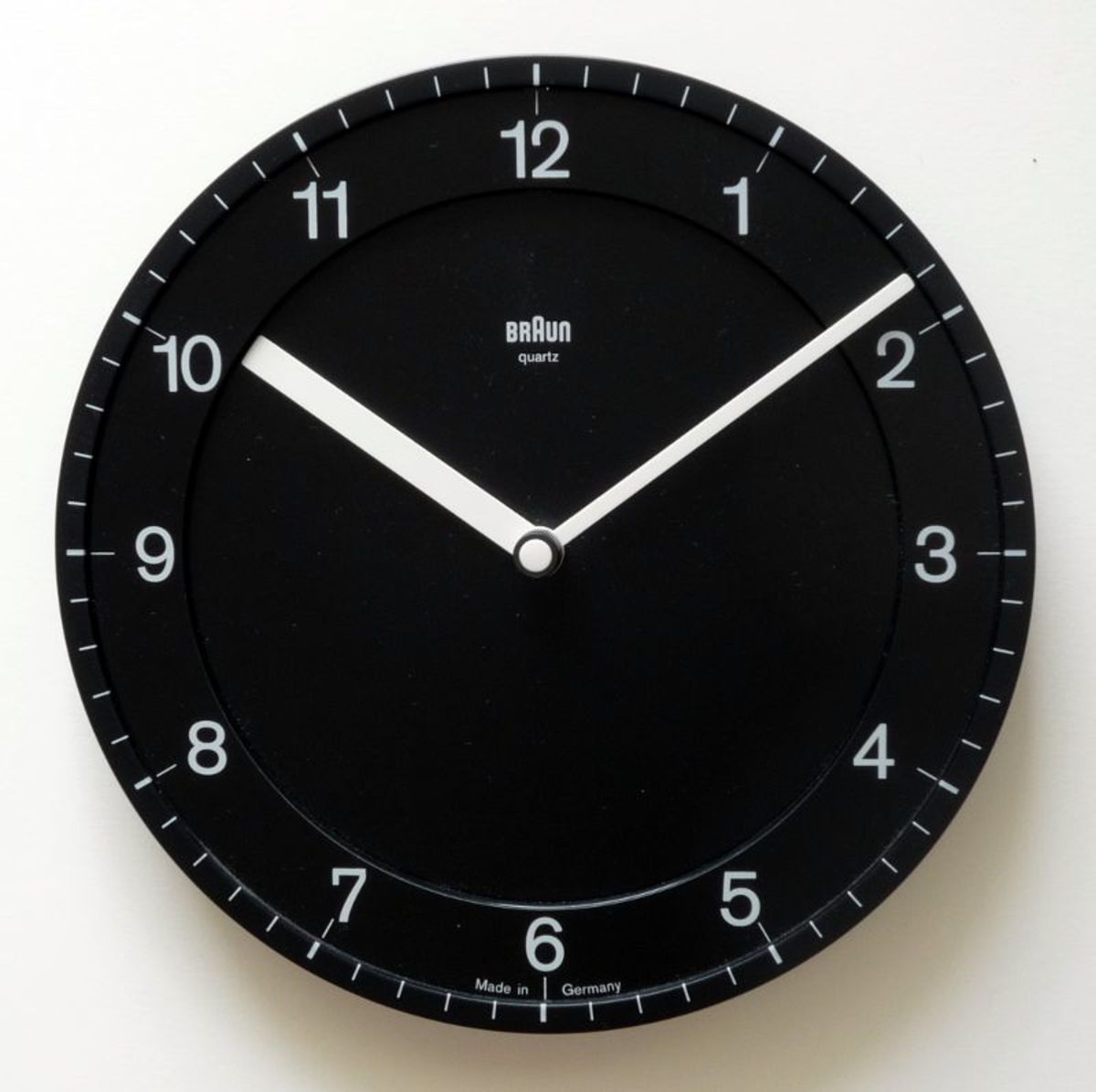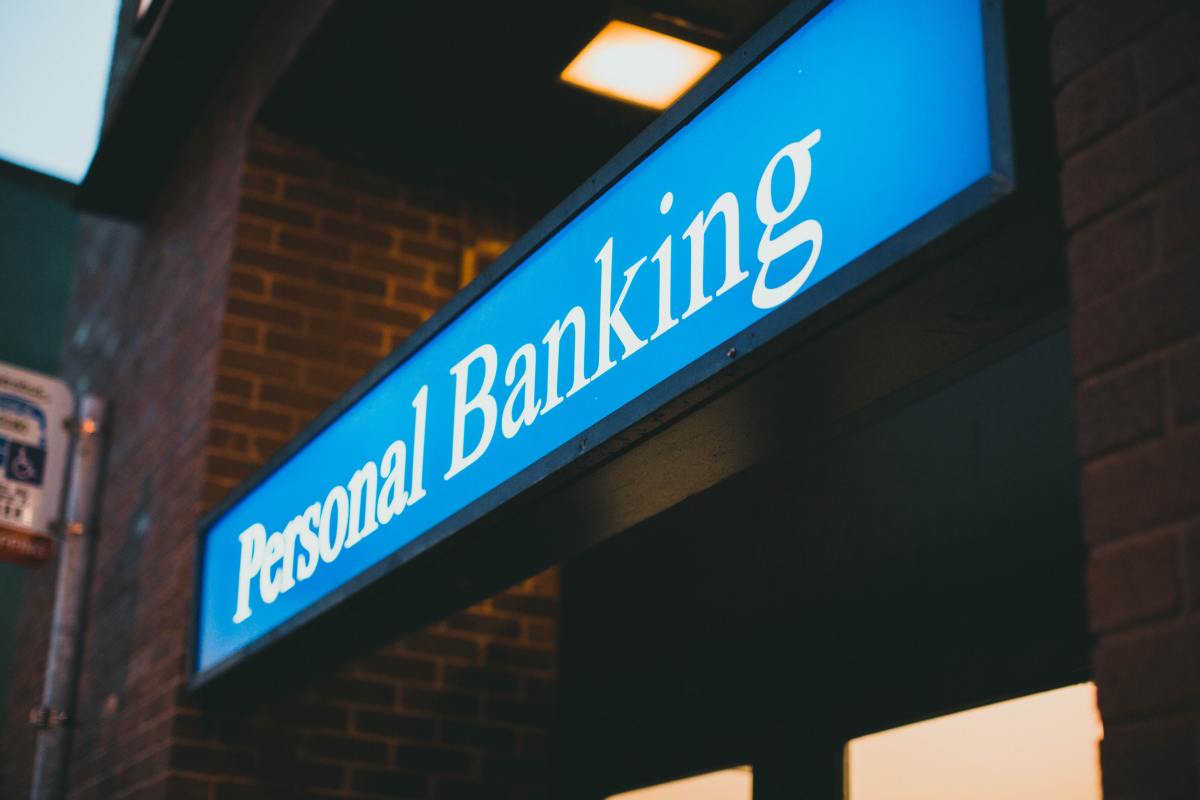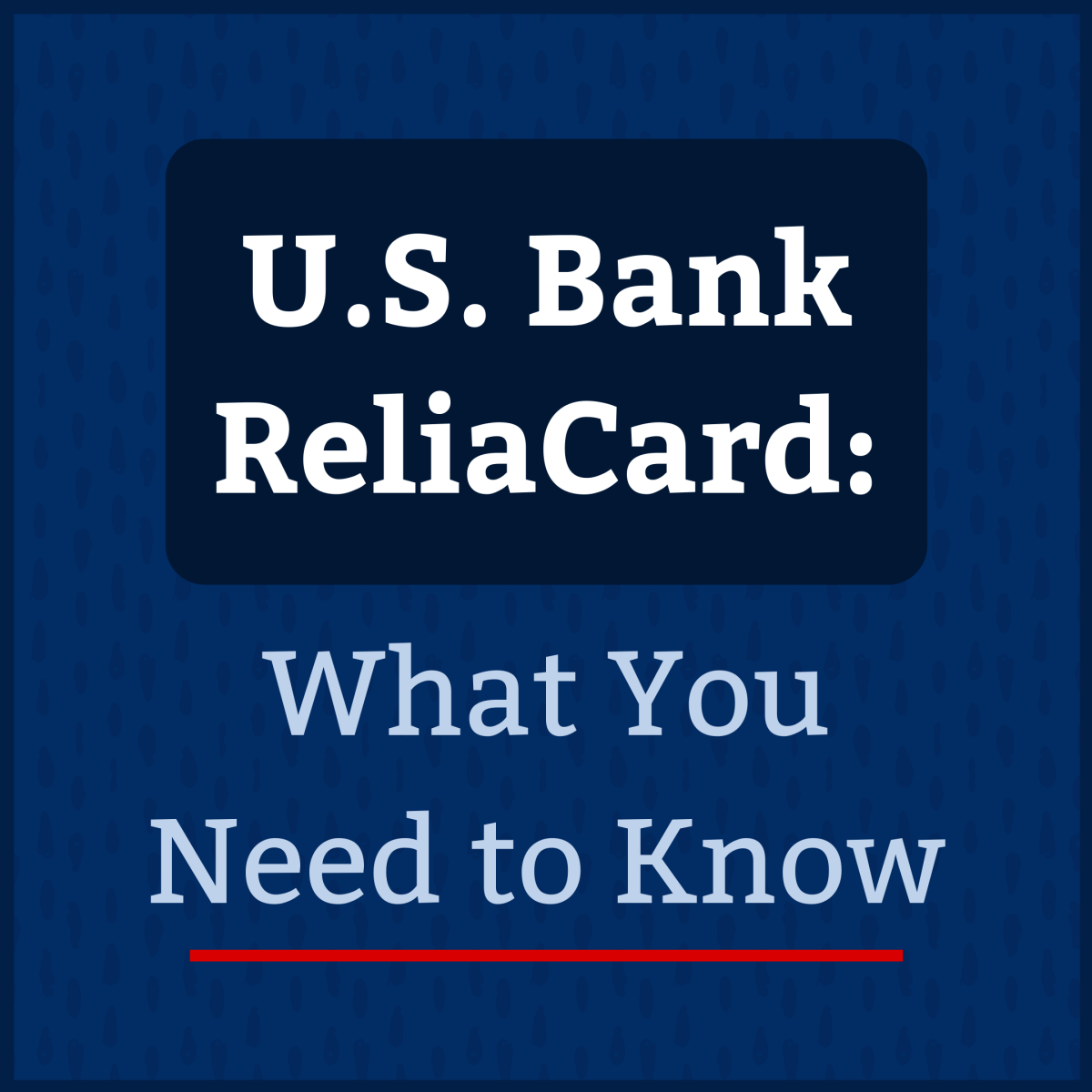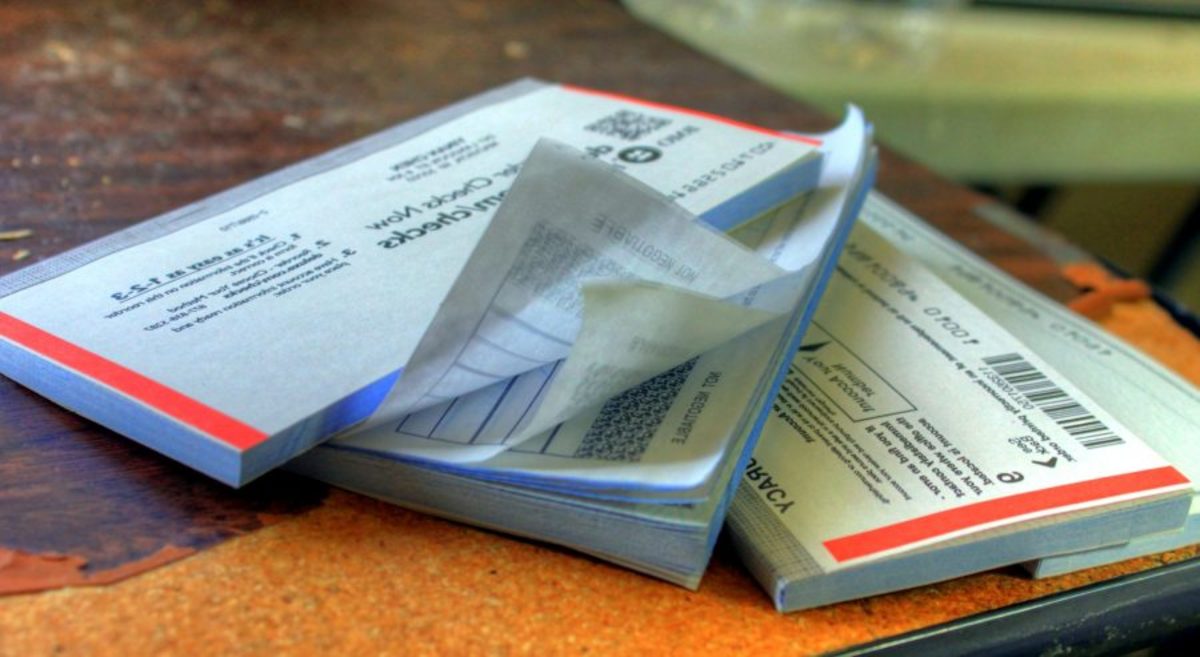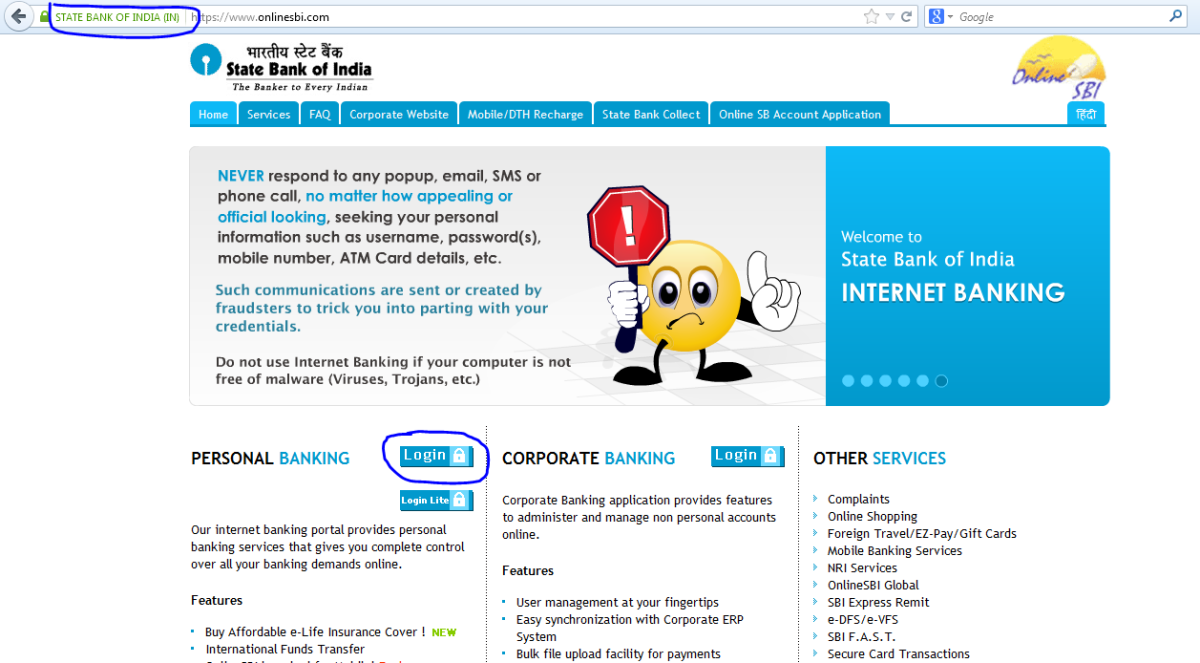What Are Uninterrupted Banking Services During Covid-19?
Introduction
During the COVID-19 pandemic, the Government of various countries has directed all the organisations to carry out their work from home at their convenience. They notified corporates to manage their various business activities through online channels. But there are still some essential services that are allowed to carry their operations during this pandemic period. Among those essential services, banking operations are still functioning to serve their customers. Below is some operation list that is active in banks during the pandemic lockdown period
What is a Bank Account?
A bank account is one where we can keep our savings to use as and when required. A bank account is maintained with 'Bank' classified under Reserve Bank of India Act, 1934 and Banking Regulations Act, 1949. Any person who opens an account in any authorized bank can access their account for various services such as withdrawal, deposit, funds transfer etc. You can easily avail these services offered by banks through various means that are specified below:-
Carrying Withdrawal Function
-
Withdrawal of funds can be done by filing a manual slip and presenting it on the bank counter.
-
Withdrawal by presenting cheque written 'Self' on payee name and signature of the account holder is a must.
-
Withdrawal using your ATM card. Nowadays, Automated Teller Machines (ATM) are commonly used to withdraw cash rather than visiting the bank branch personally and withdrawing.
Carrying Deposits Function
-
Deposits can be carried out by filing manual deposition slip and presents it on the counter with the equal amount mentioned on the slip and with the correct denomination.
-
Nowadays with updated functions and modernised technology, Automated Teller Machines are capable of depositing cash into our bank accounts by using an ATM card to perform the task.
-
Transfer of funds by using internet banking or mobile banking from one account to another.
Green Channel Or Tablet (TAB)
The green channel counter has many innovative features -
-
It was first introduced by some proactive leading banks as an innovative initiative to discover paperless banking for people.
-
Customers can carry out their withdrawal, deposit as well as transfer their funds without using manual slips, cheque book and remittance form.
- While processing transaction through TAB, the customer has to carry their identity proof with them such as Aadhaar card. Then customer should apply his thumb impression in tablet machine to give their approval to successfully complete their transaction.
-
The limit on transactions through the Green channel is up to 40,000/- per customer per day.
Internet Banking
Internet banking is also known as virtual banking and e-banking. It is an electronic financial payment system which enables the customers to carry out their transactions online. There are numerous services which are provided by banks via digital modes and those are mentioned below:-
National Electronic Fund Transfer (NEFT)
National Electronic Funds Transfer (NEFT) is a national payment system of electronic transfer of money from one bank or bank branch to another.
Money gets transferred usually on the same day from the customer remitting it to the beneficiary account. Settlement or clearance of funds takes place in batches as specified by the guidelines issued by RBI. Any amount of money can be transferred using this facility, thus making it the best and easy method for retail remittances. Customers with Internet banking accounts can transfer funds nationwide on their own by using NEFT facility. Funds can also be easily transferred via NEFT by customers by walking into any NEFT-enabled bank branch and leaving relevant instructions for such transfer - either from their bank accounts or by payment of cash.
The customer initiating the transfer needs to have the IFSC (Indian Financial System Code) of the bank branch where the beneficiary account is located. IFSC is an alphanumeric 11-digit code that functions as a unique address for a particular branch. Customers will also need to input all the necessary details such as the beneficiary account number and name as well as the name of the bank is transferred to.
Real-Time Gross Settlement (RTGS)
The RTGS can also be termed as the continual settlement of funds. In this funds are transferred on an immediate basis. "Real-time" means the processing of requests as soon as they are received and not at any other time. Whereas, "Gross settlement" means that the settlement of a request to transfer funds takes place individually means a single request at a time. Under this system, the funds are settled on the books of NPCI as final payment that is non-refundable.
The RTGS system is mainly carried out for the huge volume of transactions. The minimum amount that can be transferred via RTGS is Rs. 2 lakh whereas there is no upper limit for RTGS transactions.
Immediate Payment System (IMPS)
IMPS is an instant electronic fund transfer facility which is provided to customers. This is available for 24*7, for interbank transfer of funds via our smartphones, internet and ATM. This system is safe as well as economical both in terms of financial as well as non-financial aspects.
Conclusion
Internet banking facilities have enabled bank customers to conduct many different types of transactions through internet connection and smartphones, laptops, tabs etc. from the comfort of their homes. It has simplified the way to carry out ample banking transactions using digital modes such as net banking, mobile banking and UPI (Unified Payment Interface).
Overall, banking services have been very much developed over the years by the introduction of new as well as updated technology and inventions. Hence it is requested from all the citizens of the country to carry out their financial transactions via online modes. So in order to stay safe and stay protected against the pandemic virus.
This content is accurate and true to the best of the author’s knowledge and is not meant to substitute for formal and individualized advice from a qualified professional.
© 2020 Prateek Jain




